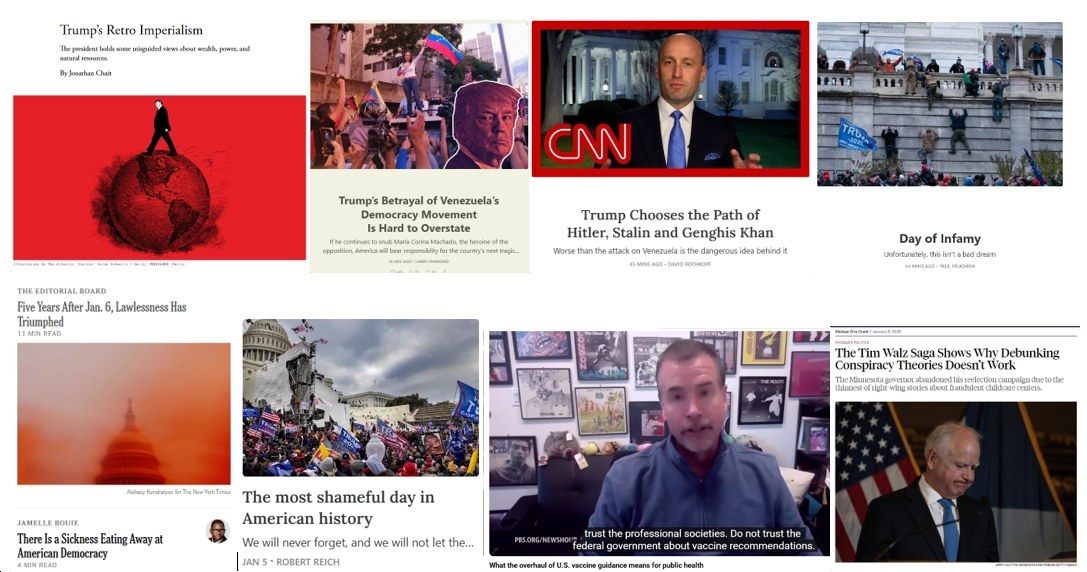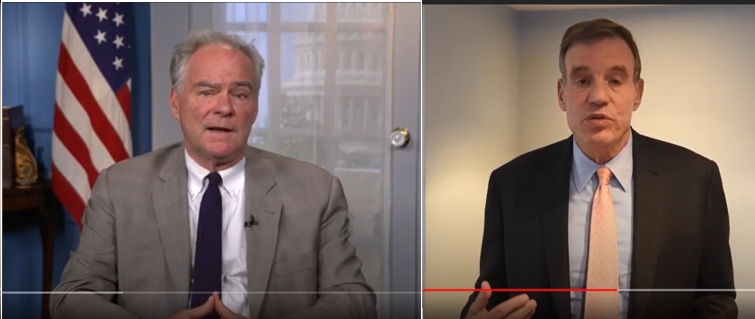by Steven Bishop, MD FACP, Richmond, VA
At the University of Virginia School of Medicine, where I obtained my medical degree, I was taught about the “social contract” physicians have with the society in which they live. The main thrust of this concept is the idea that society grants physicians special rights and privileges–such as the right to access private information, make decisions on diagnosis, and prescribe potentially dangerous substances or treatments in order to alleviate or cure disease–in exchange for the physician obtaining the requisite knowledge and skill to use these rights and privileges for the betterment of their patients and society as a whole. As a recognition of this contract, after a physician completes the training deemed required by the people and government of the Commonwealth, we are granted a license to practice medicine. While this may seem like just a piece of paper and a formality, to physicians, we know that by granting us this license, the Commonwealth is trusting us to do our utmost to protect and defend life and health whenever and however we can. The vast majority of us perform this duty for our neighbors at significant personal cost.
As many people know by now, physicians are equal victims in a healthcare system that has spun out of all control. Costs continue to spiral beyond all levels of reasonableness, time pressures mount daily, and the beast of administrative and regulatory requirements is never satisfied. Across the country, physicians commit suicide at a rate of about 1 per day–we lose almost an entire medical school’s worth of physicians each year . For those who don’t become victims of suicide, huge numbers suffer daily from burnout and depression. Why are we burned out and depressed? It’s not you–our beloved patients.
Our greatest joy is taking care of you and your families. We want to spend time with you answering your questions, helping you find the right diagnosis, choosing the best treatment, and keeping you as healthy as we can. Unfortunately, for every hour we spent on patient care, we spend at least two hours completing documentation or other administrative tasks. Not included in this is the many hours we spend each week learning, reviewing, and educating ourselves to stay updated on the latest science. For any physician worth their salt, learning is a normal part of our day and we relish the opportunity to stay rooted in the latest studies–many of us also actively contribute to the creation of new medical knowledge through participating in research and education.
For numerous years the Commonwealth has trusted us via the social contract to ensure we stay up to date on our education, but appropriately requires us to report on a portion of what we’ve learned by asking us to collect and notify them about at least 60 hours of continuing medical education each two years. This 60 hours is a minimum and I would venture most physicians far exceed this number in terms of actual hours spent learning as many hours go unreported because they are not part of an official course or seminar. I do not know of any physicians who would support removing or eliminating continuing medical education requirements from the Commonwealth–we recognize this is part of our social contract with all of you.
For the past many years, however, a private non-profit organization has insinuated itself into this arrangement between the Commonwealth’s people and her physicians. Initial Board Certification by the American Board of Medical Specialties (ABMS) started as an honorific meant to distinguish specialists who completed education well beyond the amounts required by State governments in order to obtain a license. It is appropriate and good to recognize that level of commitment to learning. Given that it encouraged completion of a full residency program before going into practice, few physicians would want to see any changes made to the process for Initial Board Certification.
The trouble we’ve run into of late, however, is that ABMS and its member boards introduced the concept of “Maintenance of Certification (MOC).” On its face, there is nothing wrong with the concepts behind MOC: continued education, structured learning, and recognition by your peers. I participate in the MOC program myself and encourage my colleagues to do so. So what’s the issue then?
In the Commonwealth, participation in MOC has become a de facto requirement to practice medicine. Most insurance companies and hospitals now require active participation in MOC in order to remain on staff or receive payment for services. Participating in MOC is not part of the Commonwealth’s licensing requirements, but given that most physicians are beholden to large health systems and insurers for their livelihood, it is essentially impossible to practice medicine without purchasing this proprietary education product from one source: ABMS. This de facto practice requirement has been put in place without a change in the Commonwealth’s laws regulating the Board of Medicine and without any public vetting. This new requirement is not free: it costs billions of dollars per year in fees and lost time with patients.
Out of respect for our mutual social contract, the Commonwealth’s people and her physicians deserve for this process to be revealed in public. Most importantly, we all deserve the respect of public debate in making decisions about how physicians should be educated and regulated. These decisions should be made locally by the Commonwealth’s people and her elected leaders–not by corporate bureaucrats from Chicago, where the ABMS is based. In an effort to further this public debate, I encourage anyone reading this to support House Bill 1449. This bill includes bipartisan support and fosters competition in the physician continuing certification market while continuing all of the protections necessary to ensure physicians are keeping up their skills. You deserve a voice in how your physicians are educated–do not leave these choices to private companies who may not have the best interests of your doctors or our people at heart.





![[UPDATED: VA Senate Dems Pass $15/Hour Minimum Wage Bill] VA House Democrats Pass Top Priority, Paid Sick Leave](https://bluevirginia.us/wp-content/uploads/2026/02/housedemspaidsick.jpg)












